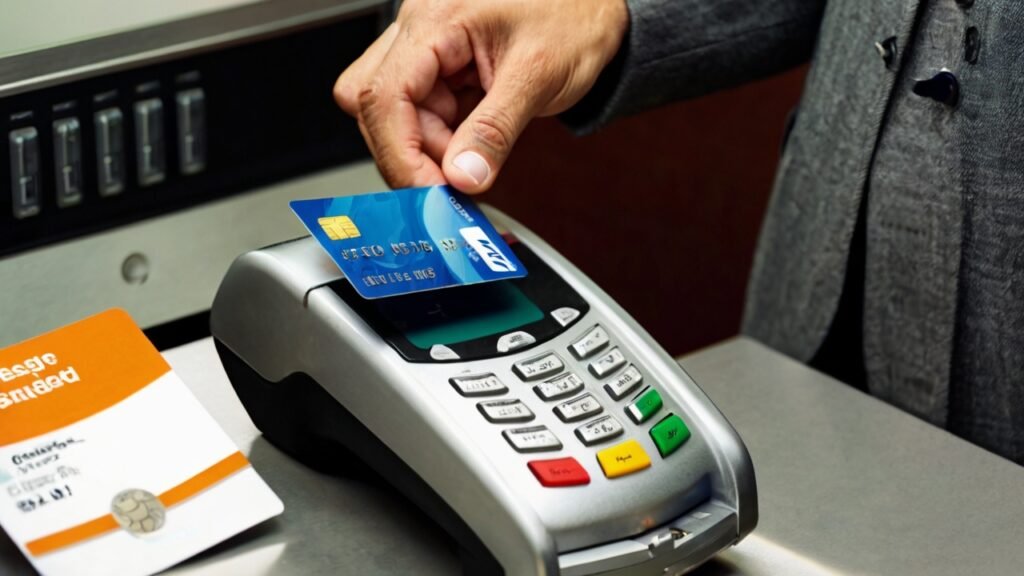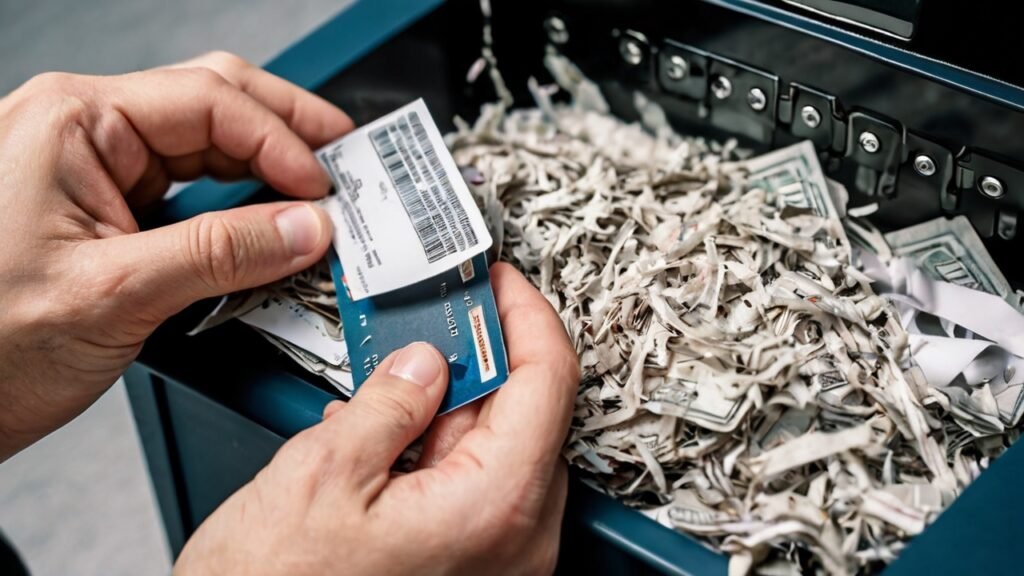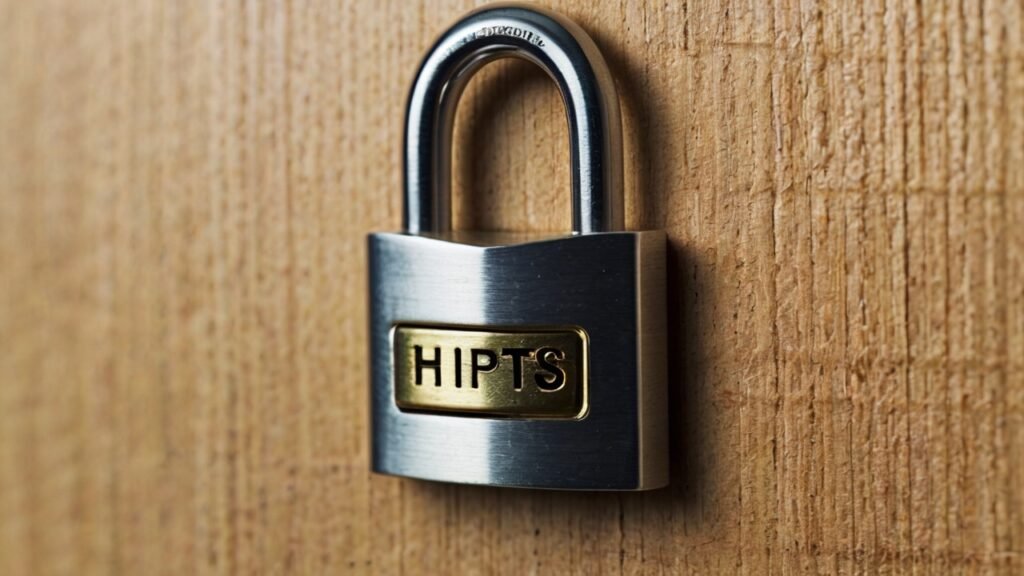Financial frauds and scams have advanced in sophistication in the current digital era, and they target both people and companies. Safeguarding your financial information is more important than ever, especially with the increase in online transactions and the exchange of personal data. This post will examine the most prevalent kinds of banking scams, how to spot them, and doable precautions you may take.
Recognizing Financial Fraud
Financial scams are dishonest tactics used to steal money or private data. These frauds may have disastrous effects, including diminished credit ratings, mental pain, and monetary loss. The first step in avoiding these frauds is to understand what they are.
Financial Scam Types
There are a lot of financial scams, and each one uses a different trick to trick people. Understanding these con games and how they operate is crucial to staying safe.
Typical Financial Scam Types
Phishing Schemes
Phishing scams are dishonest efforts to pose as reliable organizations in order to gain private information. Examples include emails requesting personal information or login credentials that seem to be from a financial institution or social media account.
How to Spot Phishing Schemes
Spelling mistakes, unusual sender addresses, and urgent wording are common elements of phishing schemes. Links that take you to unknown websites or unwanted demands for personal information should be avoided.
Scams involving investments
Ponzi schemes depend on fresh investors to make up for losses incurred by previous ones, notwithstanding their high return and low risk claims. The plan eventually implodes due to a lack of fresh investors.

Investment Programs with High Yields (HYIPs)
HYIPs, which sometimes lack transparency and regulation, promise remarkably large returns on investments. They are often used to entice gullible investors.
Fraud Using Credit Cards
Card cloning and skimming
Using fraudulently obtained credit card data to make unlawful transactions is known as credit card fraud. To collect card data, skimming devices may be installed on point-of-sale terminals or ATMs.
Dangers in the Online and Offline Worlds
There are hazards associated with both physical card use and internet transactions. Make sure your card is protected from possible theft and that you only buy on secure websites.
Theft of Identity
Methods Employed by Con artists
Fraudsters take your identity using a variety of means, including physical document theft and account hacking. They could make transactions or start new credit accounts in your name.
Preventive Actions
Strong passwords, secure document storage, and routine credit report checking are ways to keep yourself safe.
Ways to Prevent Phishing Schemes
Safety of Emails and SMS
Make sure emails and SMS are legitimate before responding to links or sending sensitive information. If in doubt, get in touch with the business directly using the provided contact details.
Steer Clear of Dubious Links
Stay away from clicking links in unwanted texts or emails. Instead, open your browser and enter the website’s URL.
Safeguarding Individual Data
For each account, create a strong, distinct password, and remember to update it on a regular basis. Don’t use facts that can be guessed at, such birthdays or everyday terms.
Two-Factor Authentication Enabled
Another kind of verification, such a code delivered to your phone, is required for two-factor authentication, which provides an additional degree of protection.
Stopping Investment Fraud
Verifying Adherence to Regulations
Verify if an investment offer is registered with banking regulatory agencies prior to making an investment. This lowers the possibility of fraud and guarantees compliance with legal requirements.

Recognizing the Risks Associated with Investments
Recognize the dangers involved in every investment. Prior to investing, it’s important to be aware of the dangers involved since great profits are sometimes accompanied by significant hazards.
Steer Clear of High-Pressure Methods
Identifying Warning Signs
Any investment that puts pressure on you to make snap judgments should be avoided. It’s common for high-pressure strategies to get past your research and force you into a hurried commitment.
Why a Cooling-Off Period Is Important
Before committing, take your time, carefully research the investment, and speak with financial professionals.
Defending Against Fraud Using Credit Cards
Utilizing Reliable Websites
Shop exclusively on trustworthy websites with safe payment options. Verify the site’s security measures and look for the “https” in the URL.
Keeping an eye on account statements
Check your credit card bills often for any unusual activity. Notify your card issuer right once if you see any questionable behavior.
Safety of Physical Cards
Keeping Cards Secure
Credit cards should always be kept in a safe location. Steer clear of card skimmer devices and don’t share your card information.
Reporting Cards Stolen or Lost
Notify your card issuer right once if your cards are lost or stolen. To stop future abuse, they may disable the card and provide a replacement.

Keeping Your Identity Safe
destroying confidential documents
Appropriate Handling of Personal Data
Before discarding them, shred any papers that include sensitive data, such as credit card offers and bank statements.
Keeping an eye on credit reports
Monitoring Unauthorized Activity Frequently
Regularly review your credit reports to look for any indications of fraud or businesses you did not create. Inform the credit bureaus of any disparities you see.
Resources for Law and Finance
Making Contact with Appropriate Authorities
Inform the appropriate authorities, such as local law enforcement or the FTC, if you have been the victim of a fraud. They may support the investigation and problem-solving process.
Making Use of Financial Protection Organizations
Victims of scams may get tools and help from several financial protection authorities. Consult these organizations for aid in recovering your losses and avoiding frauds in the future.
Getting Expert Guidance
Financial consultants may provide advice on safely handling your money and safeguarding your assets. Their knowledge will enable you to make wise choices.
Legal Support for Injured Parties
If you have fallen victim to fraud, you should think about speaking with a lawyer to learn more about your rights to compensation and handling legal matters.
In summary
Financial fraud and scams are becoming more widespread, but you can safeguard your assets and yourself by being informed and taking the appropriate safety measures. By being aware of prevalent scams, exercising caution, and taking preventative action, you may lower your chances of being a victim of fraud. To protect your assets, always put your financial security first and, if necessary, seek expert guidance.
FAQs
How should I proceed if I think I’ve been duped?
Make quick contact with your banking institution to report the issue. Additionally, report any suspicious behavior to the appropriate authorities and keep a careful eye on your accounts.
How can I safeguard my private information on the internet?
Make use of two-factor authentication, create strong, one-of-a-kind passwords, and refrain from sending confidential information via unsafe networks. Avoid falling for phishing schemes and make sure requests for personal information are legitimate.
Which indicators point to a phishing email?
Spelling mistakes, strange sender addresses, and language that seems urgent or menacing should all be avoided. Refuse to respond to unwanted demands for personal information, and stay away from dubious websites.
How often need to I review my credit report?
Check your credit score on a regular basis—at a minimum once a year. If you have to deal with recent fraud or suspect illegal activity, think about doing more regular checks.
Where can I go for help if I fall victim to fraud?
Consult legal counsel, financial protection organizations, and your banking institution for assistance. You can heal and stop further problems by informing the appropriate authorities about the scam and making use of the services that are available.
